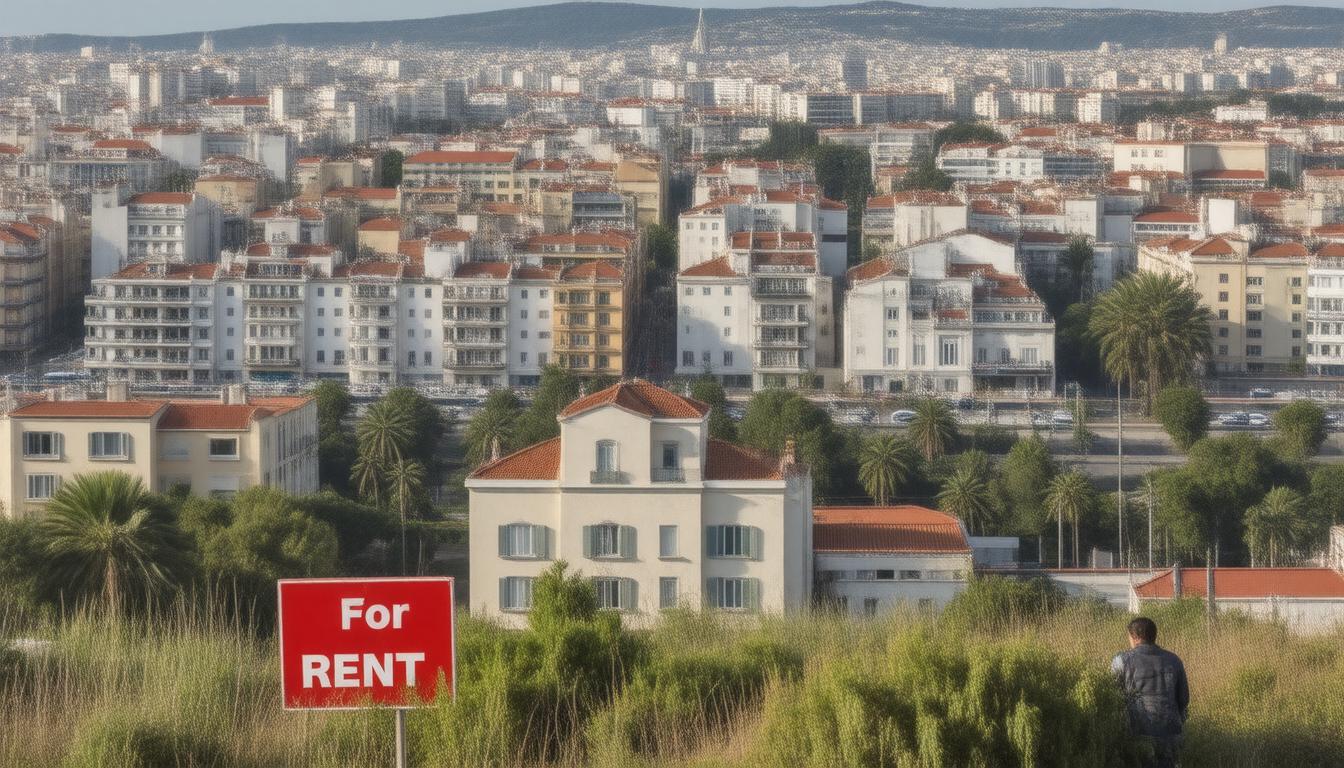In a bold move to tackle Spain’s ongoing housing crisis, Prime Minister Pedro Sánchez recently announced a proposed 100% property tax on homes purchased by non-EU residents. This policy aims to address the alarming disparity in the housing market, where wealthy landlords, primarily foreign investors, have acquired numerous properties, leaving local residents increasingly unable to afford homes. With non-EU buyers reportedly purchasing around 27,000 properties in 2023, the proposal has sparked widespread debate about the implications for real estate investment and market dynamics. This article will explore the details of the proposed tax, its potential impacts on the Spanish housing market, and the sentiment among property professionals regarding its fairness and feasibility.
Key Takeaways
- Spain’s proposed 100% property tax on non-EU buyers aims to combat its housing crisis by promoting availability for residents.
- The significant tax may deter non-EU investment and shift the dynamics of the Spanish housing market in favor of EU citizens.
- Concerns remain over the tax’s fairness and practical implementation amid ongoing legislative challenges.
Overview of the Proposed 100% Property Tax
In a bold move to tackle Spain’s housing crisis, Prime Minister Pedro Sánchez has announced a proposed 100% property tax on purchases made by non-EU residents. This initiative is aimed at mitigating the growing divide between affluent landlords and economically disadvantaged tenants, as Sánchez highlighted that in 2023 alone, non-EU buyers acquired approximately 27,000 properties, primarily for investment purposes rather than residential use (BBC News, 2024). The imposition of this tax seeks to ensure prioritization of housing availability for Spanish nationals, following the trend of other nations such as Denmark and Canada, which have implemented steep taxes on foreign property investors. However, while the proposed change signifies a shift in policy, clarity on its implementation and the expected timeframe for parliamentary endorsement remain uncertain. The challenge lies in garnering sufficient legislative support amidst a backdrop of divergent opinions. Currently, foreign investors, particularly from the EU, represent about 15% of the Spanish housing market. This tax could significantly transfer the balance of purchasing power towards EU buyers, simultaneously deterring non-EU customers (The Guardian, 2024). Professionals within the property sector have raised concerns regarding the rationality and practicality of enforcing a 100% tax on property purchases by non-residents, underlining the need for a more nuanced approach to secure housing for all (Financial Times, 2024).
This high-stakes legislative proposal not only underscores the urgency of Spain’s housing situation but also reflects broader global trends in real estate policies aimed at foreign investment. As discussions progress, the implications of such a tax could reshape property dynamics across Spain, urging stakeholders to adapt to the evolving landscape.
Impact on the Housing Market and Foreign Investment
Analysts predict that the proposed 100% tax on property purchases by non-EU residents could lead to a significant decline in foreign direct investment in the Spanish real estate market, thereby impacting property prices and rental yields. In addition, this could create a ripple effect throughout the European property landscape, as potential investors might redirect their focus towards more welcoming markets. Countries such as Portugal and Greece, which have attracted substantial foreign investments through more favorable tax regimes, could see an influx of buyers seeking alternatives to Spain (Investment Property Forum, 2024). This policy shift raises critical questions about the long-term sustainability of Spain’s property market, as reduced foreign capital could constrain new developments and hasten the existing housing crisis. Consequently, real estate professionals are scrutinizing the potential outcomes of this tax, with many advocating for a balanced approach that considers both the interests of local residents and the contributions of foreign investment that has historically fueled growth (Property Week, 2024). The forthcoming debates within the Spanish parliament will be pivotal in determining the balance between safeguarding local housing needs and maintaining Spain’s appeal as a desirable investment destination.





